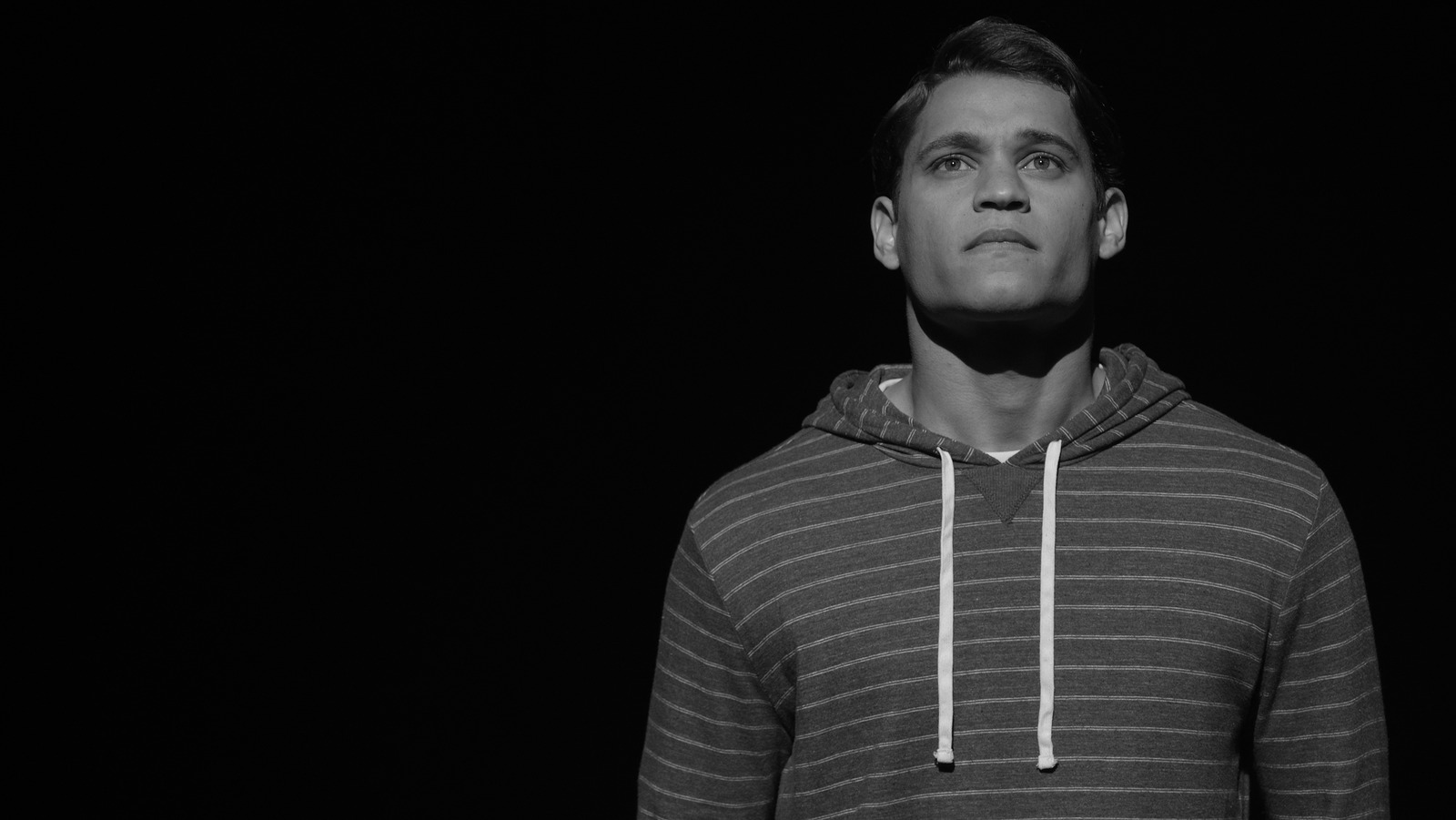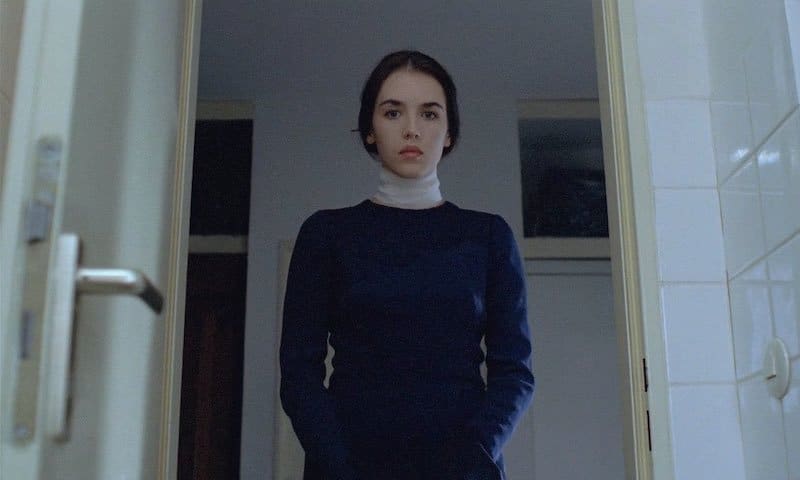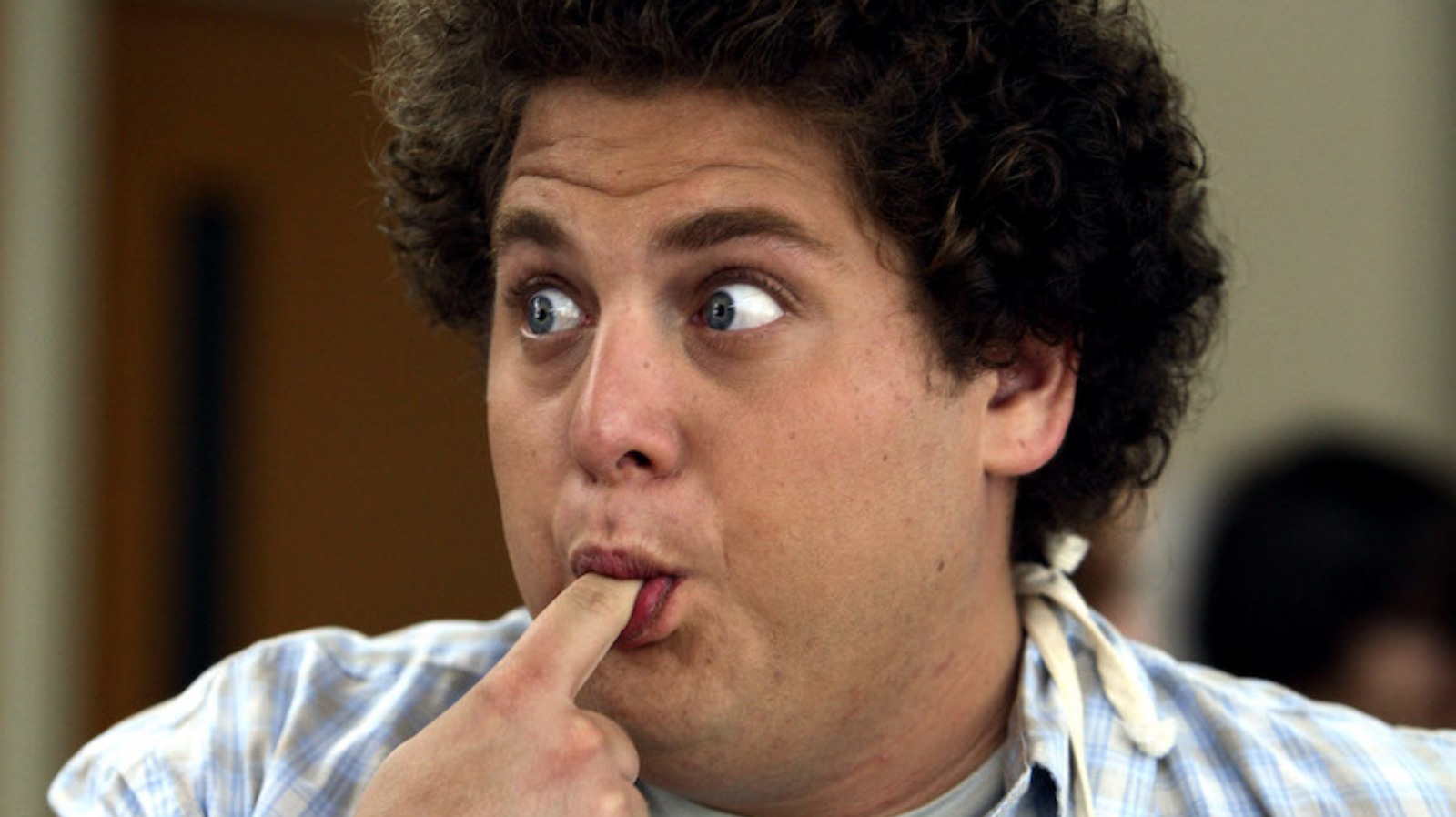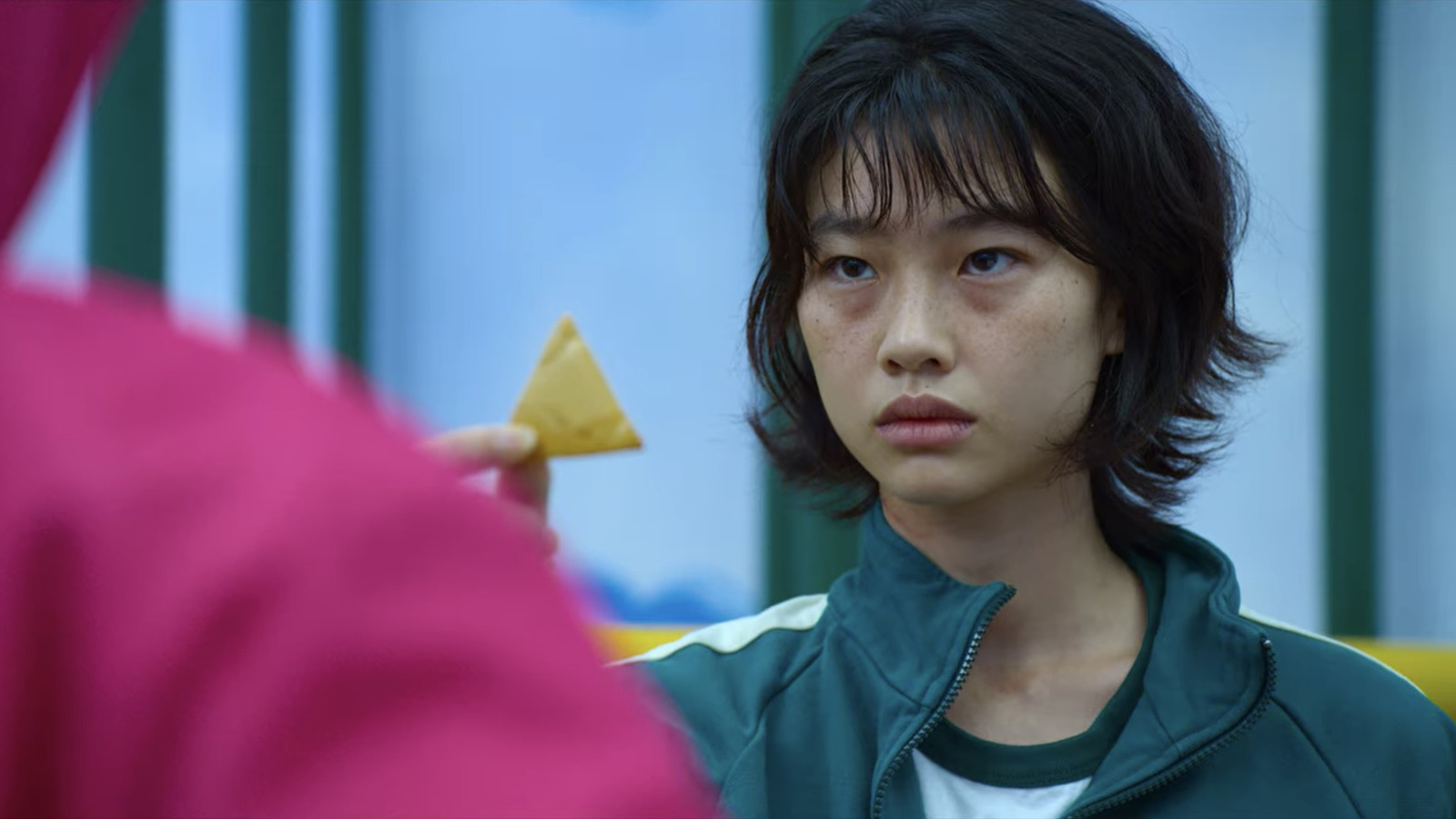#Atlanta Season 3, Episode 9 Is A Mixed Bag Of Disappointment

Table of Contents
“Atlanta Season 3, Episode 9 Is A Mixed Bag Of Disappointment”
The show’s interpretation of Blackness is limited in the same way that the episode is attempting to critique other people’s myopic definitions of what it means to be Black, and it shows. By the episode’s end, Aaron is “acting Black” in a way he wasn’t before, and so he declares that he’s “never been more attracted” to his white ex-girlfriend. This is exactly what I’m talking about when I say that “Atlanta”‘s attempts to say anything truly meaningful about race are undermined by the writers’ inability to really stick the landing or commit to it by forcing in uncomfortable and offensive stereotypes about Black people, in what looks like an attempt to make sure white viewership isn’t completely alienated. It just doesn’t come off as particularly funny or humorous to reinforce a harmful and damaging stereotype about Black men being hopelessly obsessed with white women when you consider the horrifying origin of it all. All things considered, the episode would have been better off without it. It’s somewhere in the same category as the Chet Hanks and Liam Neeson cameos in “Trini 2 De Bone” and “New Jazz,” respectively. I know there are people who are easily impressed by shock factor and what they perceive to be “boldness,” but allow me to point at the reality of the situation.
A show created and run by Donald Glover, a Black man who has a documented history of relying on internalized anti-Blackness and racialized self-deprecation in his stand-up, music, and other artistic endeavors, went out of its way to feature two white men who have been involved in controversial acts of racism — unapologetic cultural appropriation and fetishism in Hanks’ case, and wanting to commit hate crimes against any Black man he saw based on the actions of one disgusting individual in the case of Liam Neeson. “Atlanta” could have used the “standalone” episodes to highlight up-and-coming Black actors and talent in its third season, but chose to focus on white people and put more money into the pockets of privileged white men who have been publicly and notably racist in the process. Is some of it shocking? Sure. Does it spark conversation? Obviously. But it’s not clever, and certainly not a substitute for good writing and storytelling. I’m not discounting the fact that Neeson could genuinely be sorry, but his sincerity in apologizing is not the point here, and a few little quips about the nature of white privilege don’t really make up for the fact that a show that was initially well-liked for its predominantly Black cast and surrealistic stories that resonated with Black viewers has become kind of a disappointing mess for those of us keen enough to see it or care.
It just makes no sense that, four years after season 2, we’ve hardly seen the Black characters we’ve come to love. The show has morphed into a half-assed attempt at an anthology about white privilege that doesn’t even have the balls to really go there because it continues and has dedicated four episodes in a 10-episode season to showcasing white actors and white perspectives. Forgive me if I don’t f*** with it anymore because it feels like a convoluted minstrel show at this point, and so the praise it is receiving for being “deep” is nauseating and laughable. Whatever your feelings about “Atlanta,” there’s just one episode left in season 3. I’ve already seen it. It also kinda sucks, and I’ll tell you why next week.
If you liked the article, do not forget to share it with your friends. Follow us on Google News too, click on the star and choose us from your favorites.
For forums sites go to Forum.BuradaBiliyorum.Com
If you want to read more Like this articles, you can visit our Social Media category.




